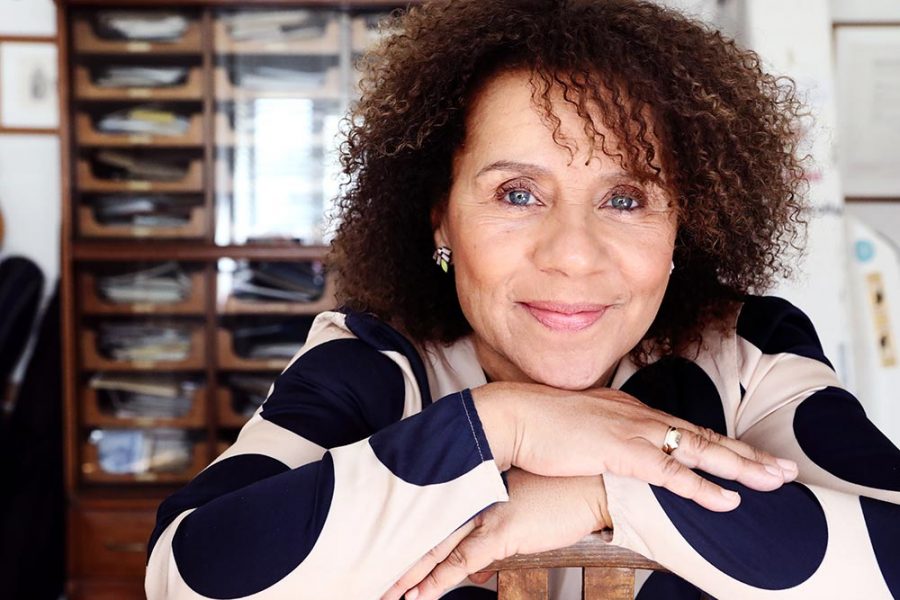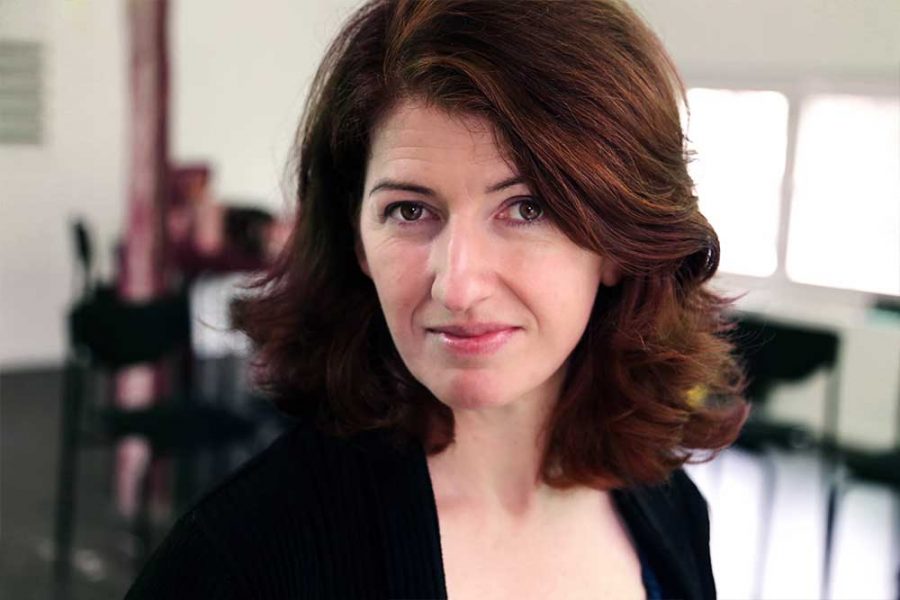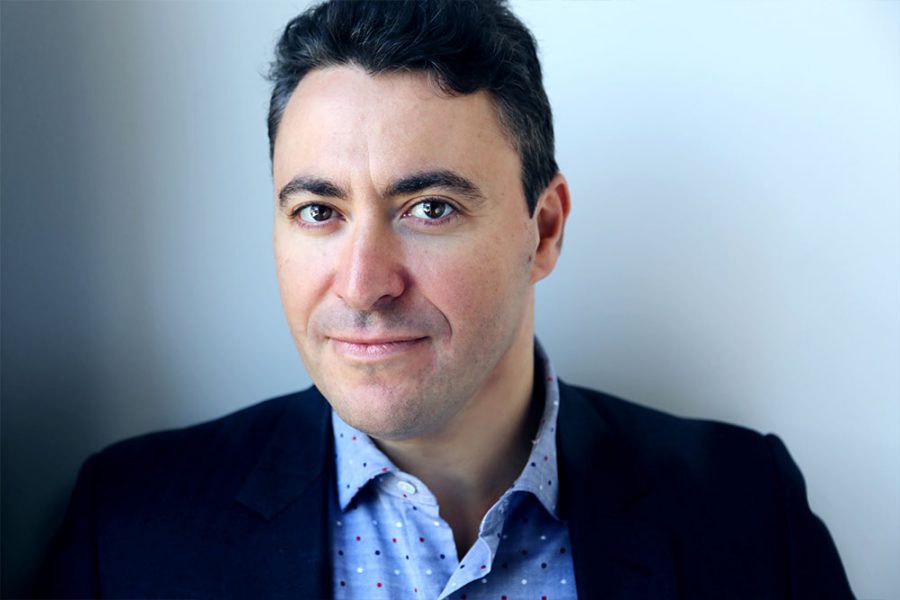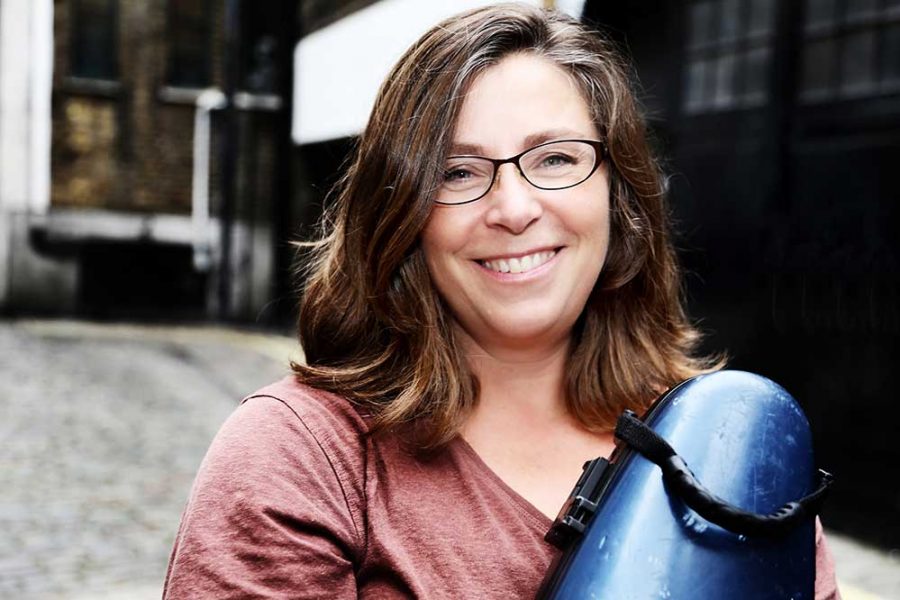From the Gallery: David Adams

May 2015
Words by
Emer Nestor
Photos by
Frances Marshall
David Adams is a highly respected organist and faculty member of the Royal Irish Academy of Music. A former organ scholar of St Patrick’s Cathedral and Trinity College Dublin, David studied in Freiburg and Amsterdam, and holds a PhD from the Vrije Universiteit, Amsterdam. He was the first ever winner of the Dublin International Organ Competition — the only Irish winner to date — and was also a prizewinner at international competitions in Bruges, Speyer and Lüneburg. David speaks to Final Note about his time at St Patrick’s Cathedral Dublin, and his career as an international recitalist and pedagogue.
Probably the camaraderie and regular performance of a thrilling choral repertoire."

What did you enjoy most from your chorister days at St Patrick’s Cathedral?
Probably the camaraderie and regular performance of a thrilling choral repertoire.
Can you remember the first time your hands touched the keys of the organ?
Yes, it was in the Lady Chapel of St Patrick’s Cathedral where the choirboys had lessons. It would have been cold and dark, a little intimidating I would think, a bit scary back there!
Tell us about your lessons with W. S. Greig.
Mr. Greig was a wonderful organist, definitely old-school. He addressed me as ‘Adams’ (all boys were called by their surnames, maybe still are?) until after he had retired. He was very formal and quite technical in his teaching.
What do you remember most from your début recital at St. Paul’s Cathedral, at the age of 16?
The main thing I remember was the huge size of the building, and the organ, and the fact that my page-turner was one of the most famous organists in England, the cathedral organist Christopher Dearnley.
Having earned scholarships to study at Freiburg and Amsterdam, how did you find the experience, and did it prepare you for a career in performing?
The experience in Freiburg was fantastic, I practised 7 or 8 hours most days Mon-Sat, and got enormous encouragement from my teachers, Ludwig Doerr and Stanislav Heller. In Amsterdam it was very tough, contact hours with my organ teacher were almost nil, it was almost impossible to find practice instruments, and I was treated as a beginner despite my years in Germany (the other foreign students in my class from Germany and Canada were in the same boat!). This all lead to a loss of confidence, despite winning the Dublin International Organ competition at the end of my first year in Amsterdam.
During my studies I competed in a number of international competitions, and this hardened me up, made me learn to play with few mistakes, to deal with nerves, and gave me routine. Also, I ended up playing in a number of ensembles and orchestras, and this lead to extensive ensemble work when I returned to Ireland.
What do you enjoy most about playing?
I think it’s the overwhelming beauty of the music I am privileged to play. I am so lucky to play keyboard instruments that have an unparalleled repertoire stretching back to medieval times. Music is a miracle of creation and it is amazing to be part of this miracle!
What do you enjoy most about playing?
Mainly for personal reasons. Mary and I thought it had got to the stage when it was becoming critical to decide if our three boys aged 5, 3 and 1 would grow up Dutch or Irish.
From the myriad of repertoire you have perused over the years, are there any performances/pieces that hold significance for you?
One of the best experiences of my life was recent performances both north and south of the border of Monteverdi’s Vespers; with Sestina, His Majesty’s Sagbutts, and the Monteverdi String Band under the direction of Mark Chambers. These were wonderful performances of stunning music and I was privileged to play beside superb period-instrument players.
Two special pieces for me are the harpsichord and organ works composed for me by my son Sebastian. I am proud and relieved to be able to say that they are two magnificent pieces and great additions to the repertoire.

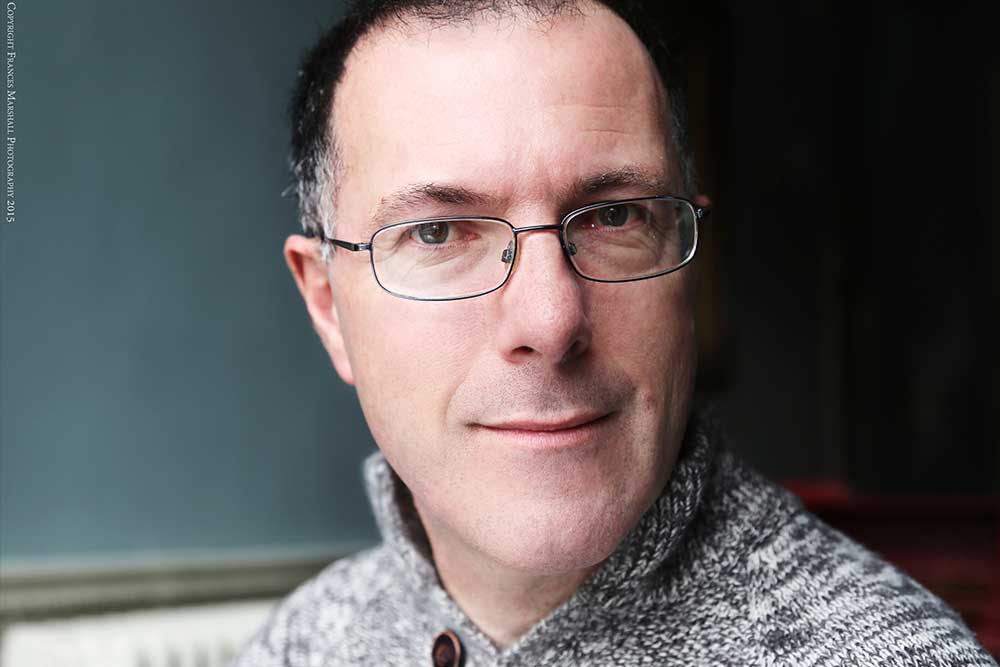


In a premiere of a new work you are giving birth to something that previously didn't exist, which in itself is very exciting."

What excites you most about debuting ‘new music’?
In a premiere of a new work you are giving birth to something that previously didn’t exist, which in itself is very exciting. There is added responsibility because the composer is often nervous about the work’s reception, and very often ‘new music’ is extremely challenging. Lengthy preparation often precedes premieres, and therefore the stakes are high for the performer as a great investment of time needs to result in a satisfactory outcome.
Who would you deem ‘the one to watch’ on the current organ scene?
It is a very exciting time in the Irish organ world. Standards have been rising steadily over the last decades and there are a number of extremely fine organists operating in Dublin and elsewhere at the moment. Simon Harden is returning from Germany to take up the post of organ teacher at the DIT Conservatory of Music and he has a very fine track record as a performer. Martina Smyth is the first organist ever to come on the degree programme in the Royal Irish Academy of Music and will likely be followed by Matthew Breen who, although only in 5th year, is a huge talent and has already given many recitals in Dublin, Armagh and Belfast.
Your PhD thesis explores Karl Straube’s Reger editions — what attracted you to this topic and why did you choose Vrije Universiteit as your base?
My teacher in Freiburg Ludwig Doerr had a name as a Reger player, and he encouraged me to learn a number of the larger pieces. I seemed to have a natural affinity to the music. At the same time, I was puzzled about the difficulty of realising the performing indications, many of which seemed impossible. So, over many years I collected as many books (mostly out of print) and articles on Reger that I could find, and Reger ‘research’ became a hobby. I would often take notes without writing down references, as I had no intention of doing anything with my hobby. Only years later did Ewald Kooiman encourage me to turn my findings into a PhD. He was Professor of Organ Studies at the VU in Amsterdam.
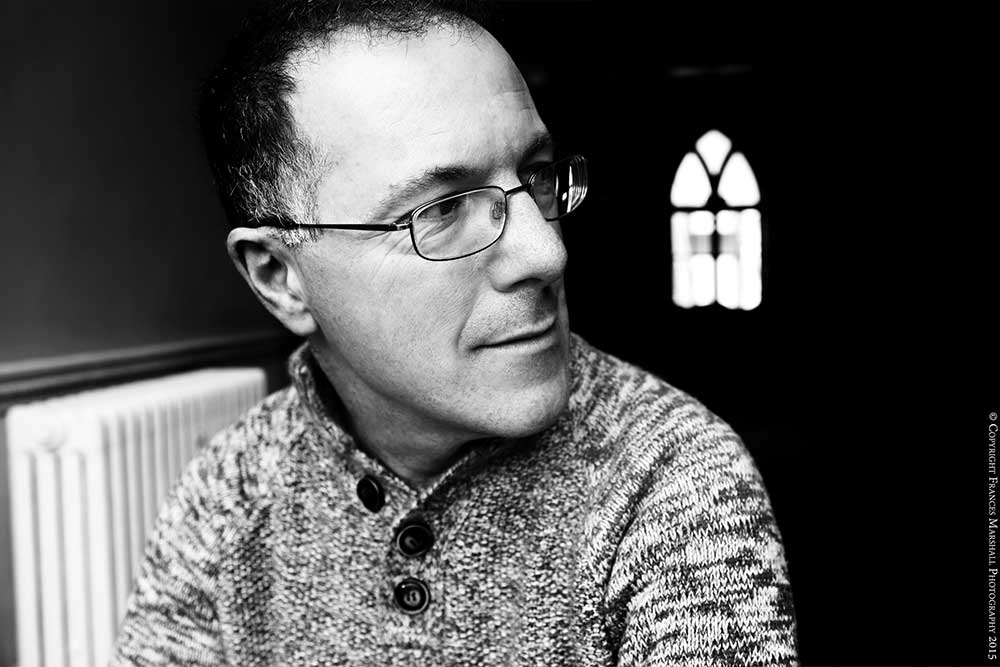


As a conductor, how would you define your style?
Hmm…I don’t know, maybe lack of style would be better! I have never had a conducting lesson in my life, so anything I know I have learned from observation of other conductors. I love many of the different styles of conducting that you see in the RTE NSO concerts. It’s fascinating how all the different personalities come out. I think I am reasonably clear in my beating, but maybe the players would disagree!!
Within the opera repertoire, where does your heart lie?
I love most opera, it is just such a magical experience, the beauty of the music and the human voice, the theatricality, the lighting, the costumes. The plots are often very dubious, but nobody seems to mind…I suppose my favourite opera would be Così fan tutte for its sublime music.
Tell us about your involvement with RIAM opera.
RIAM opera is Kathleen Tynan. When I first arrived in 2005 at the RIAM Kathleen was appointed Head of Vocal Studies. She knew that I had directed a number of operas for OTC from the keyboard, and immediately asked me to do the same at the RIAM. To date I think I have been involved in 13 opera productions ranging from Monteverdi’s Il Combattimento di Tancredi e Clorinda to Britten’s Albert Herring.
What’s your musical guilty pleasure?
I like ABBA [smiles]!
How will you be spending the summer months?
After teaching ends the summer will kick off with the West Cork Chamber Music Festival, where I am playing in two concerts. Over the summer I’m hoping to take it easy with the family, hopefully spending some time at our cottage near Tinahely. I often practise hard in the summer as it is relatively quiet, and this year I will be involved as a guest in the final Kirkos Blackout concert in July, also playing the final organ recital in the Dun Laoghaire series on 6 September, so there is some work to be done.
All images displayed in this article are subject to copyright.
Share this article


